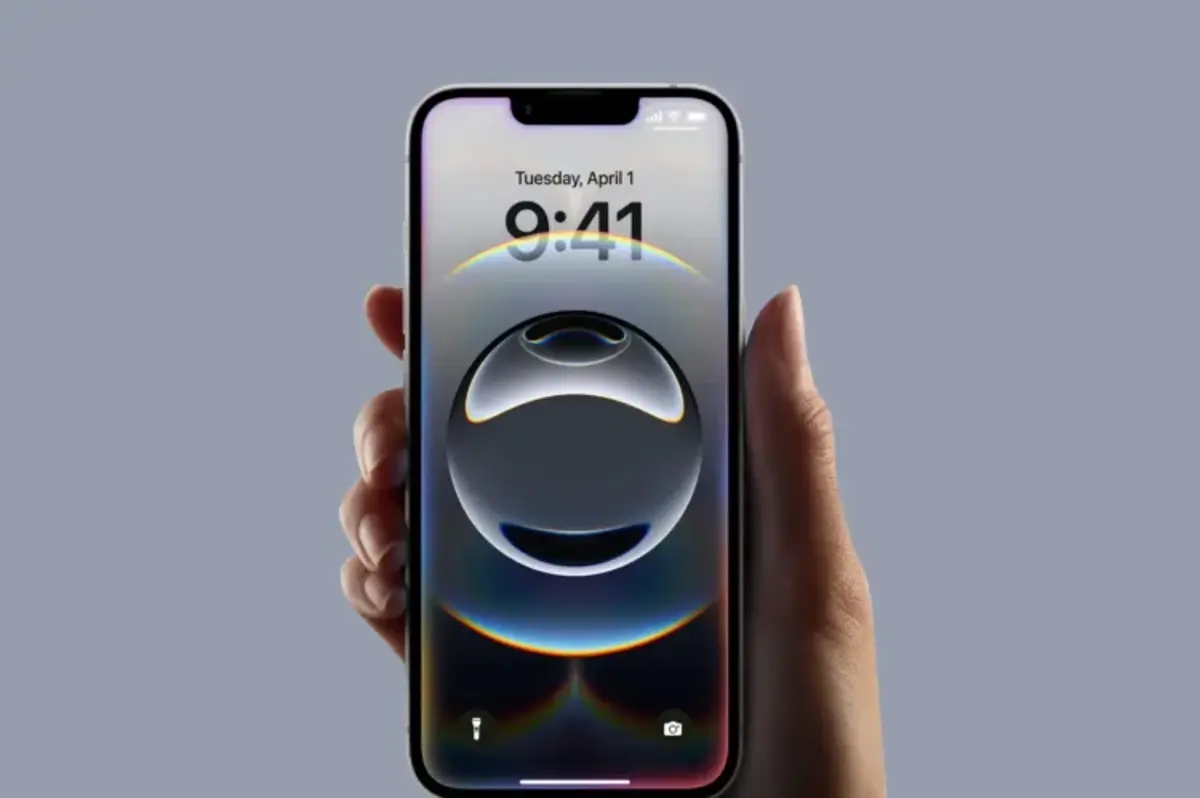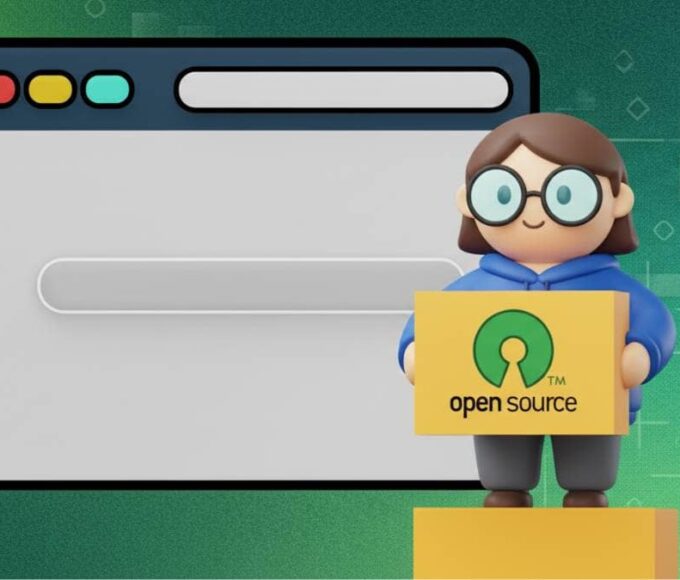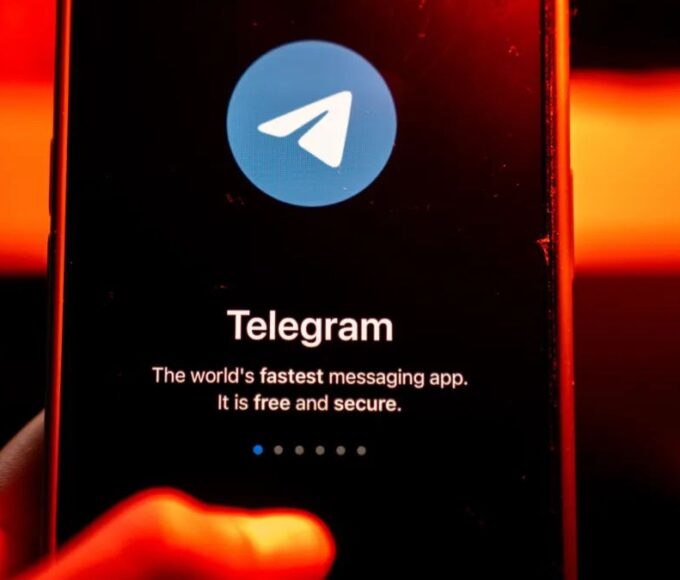Apple recently updated its “vintage” product list to include the iPhone 8 (64GB and 256GB) and the iPhone 7 Plus. This means these devices no longer receive regular iOS updates and may not be repairable at Apple stores in the future.
Apple labels products as vintage when they stopped selling them more than five years ago but less than seven. After seven years, devices become obsolete, meaning repairs and software updates are usually no longer available.
Here are the key points about Apple’s vintage policy:
- Apple guarantees repairs and parts for at least five years after a product stops selling.
- Repairs can sometimes be available up to seven years, depending on parts availability and local laws.
- After seven years, Apple generally stops offering hardware repairs.
- Software updates usually stop once a device is vintage, except for critical security patches.
Why This Matters
Security experts warn that older iPhones without the latest updates are more vulnerable to cyber attacks. Adam Boynton from security firm Jamf said that updates provide important security patches, not just new features. Devices without updates can be targets for hackers, especially if they have sensitive data.
Current Vintage iPhones Include:
- iPhone 4 (8GB)
- iPhone 5
- iPhone 6s (various models)
- iPhone SE
- iPhone 7 Plus
- iPhone 8 (64GB, 256GB)
- iPhone X
- iPhone XS Max
What Should iPhone 7 Plus and iPhone 8 Users Do?
While these iPhones will stop getting regular software updates, they may still receive important security patches for the next couple of years. Users should regularly check for software updates by going to Settings > General > Software Update and install any available updates to stay protected.
If you rely heavily on your iPhone for work or sensitive information, consider upgrading to a newer model to ensure full support and security.












Leave a comment